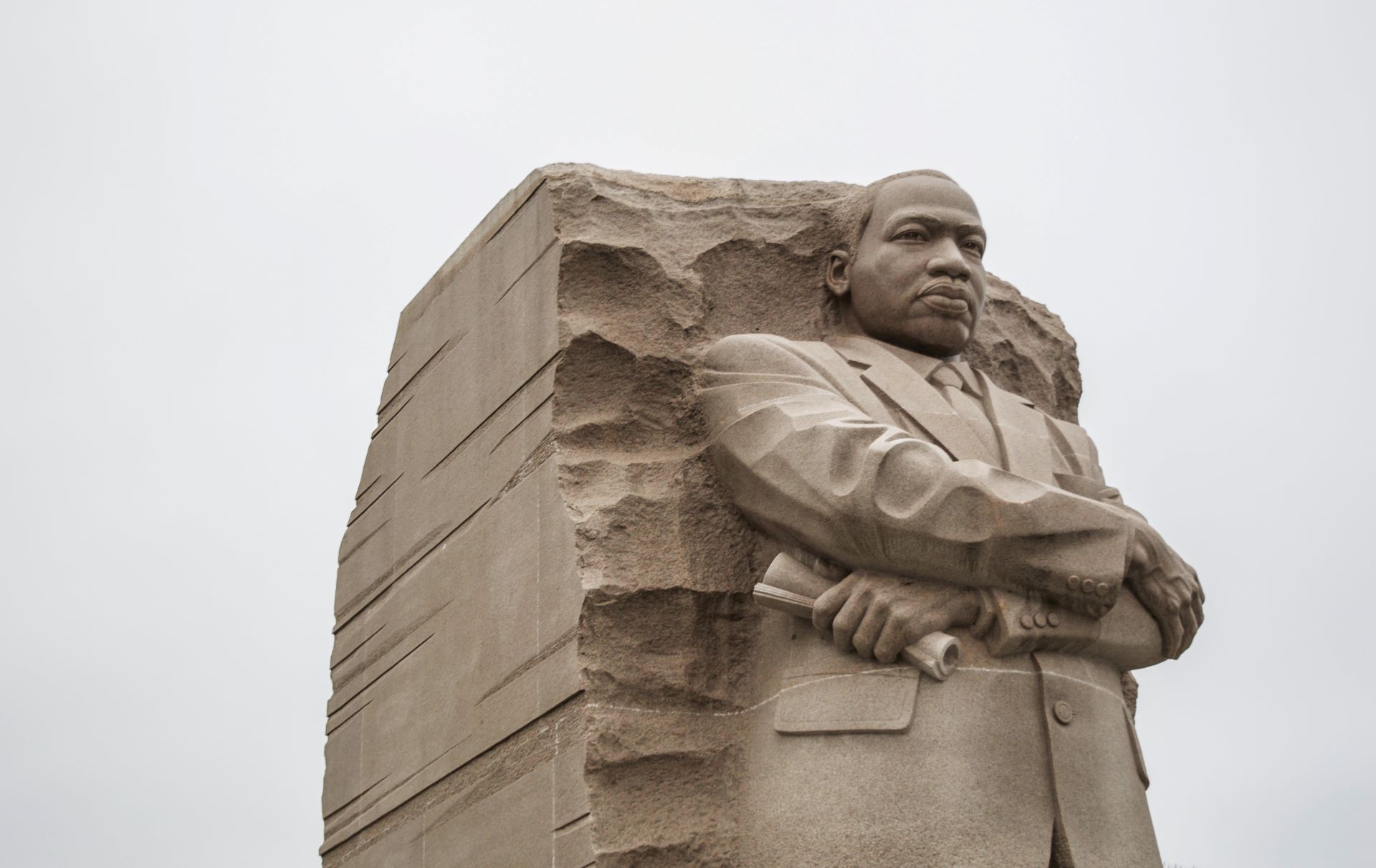As we commemorate the extraordinary life and accomplishments of Dr. Martin Luther King Jr., it is crucial to reflect on the enduring lessons he left behind. Beyond his tireless fight for civil rights, Dr. King exemplified the power of emotional intelligence and the importance of creating safe spaces for open dialogue and understanding. In this article, we explore how honoring Dr. King’s legacy involves embracing emotional intelligence and fostering a culture of safety in our communities.
Emotional Intelligence: Dr. King’s Silent Strength
Dr. King’s leadership during the Civil Rights Movement was characterized by his unwavering commitment to justice, equality, and nonviolent resistance. Behind the scenes, however, his emotional intelligence played a pivotal role in navigating the challenges he faced. Emotional intelligence involves recognizing and managing one’s emotions while understanding and empathizing with the emotions of others.
Dr. King’s ability to remain composed in the face of adversity, to communicate effectively, and to inspire others to join the cause was a testament to his high emotional intelligence. This soft skill allowed him to connect with people from diverse backgrounds and forge alliances that transcended racial and cultural divides.
Today, we can honor Dr. King’s legacy by prioritizing emotional intelligence in our personal and professional lives. By cultivating self-awareness, self-regulation, empathy, and effective communication, we can foster positive relationships and contribute to a more inclusive and compassionate society.
Fostering Emotional Safety: A Cornerstone of Equality
Dr. King’s dream of a just and equal society can only be realized in environments where individuals feel emotionally safe. Emotional safety refers to an atmosphere where people feel comfortable expressing their thoughts and feelings without fear of judgment or reprisal. Creating such safe spaces is essential for open dialogue, understanding, and the dismantling of prejudices.
In our communities, workplaces, and educational institutions, we must actively work to create environments that promote emotional safety. This involves acknowledging and respecting the diverse perspectives and experiences of others, encouraging open communication, and addressing any instances of discrimination or bias promptly.
When individuals feel emotionally safe, they are more likely to engage in constructive conversations, share their unique perspectives, and collaborate toward common goals. By prioritizing emotional safety, we not only honor Dr. King’s vision but also contribute to building a more harmonious and united society.
Practical Steps to Honor Dr. King’s Legacy:
- Educate Yourself and Others: Take the time to learn about Dr. King’s life, philosophy, and the Civil Rights Movement. Share this knowledge with others to promote understanding and awareness.
- Cultivate Emotional Intelligence: Develop your emotional intelligence by practicing self-awareness, self-regulation, empathy, and effective communication. These skills are crucial for fostering positive relationships and promoting inclusivity.
- Create Safe Spaces: Whether at home, work, or in your community, actively work to create environments where individuals feel emotionally safe to express themselves. Encourage open dialogue and listen with empathy.
- Challenge Injustice: Stand up against discrimination and injustice wherever you encounter it. Advocate for equality and fairness in your daily interactions and within your community.
Conclusion
Honoring the legacy of Martin Luther King Jr. goes beyond merely remembering his contributions to the Civil Rights Movement. It involves embodying the principles of emotional intelligence and creating spaces where everyone feels emotionally safe. By embracing these values, we not only pay homage to Dr. King but also actively contribute to the ongoing pursuit of a more just and equitable world.





